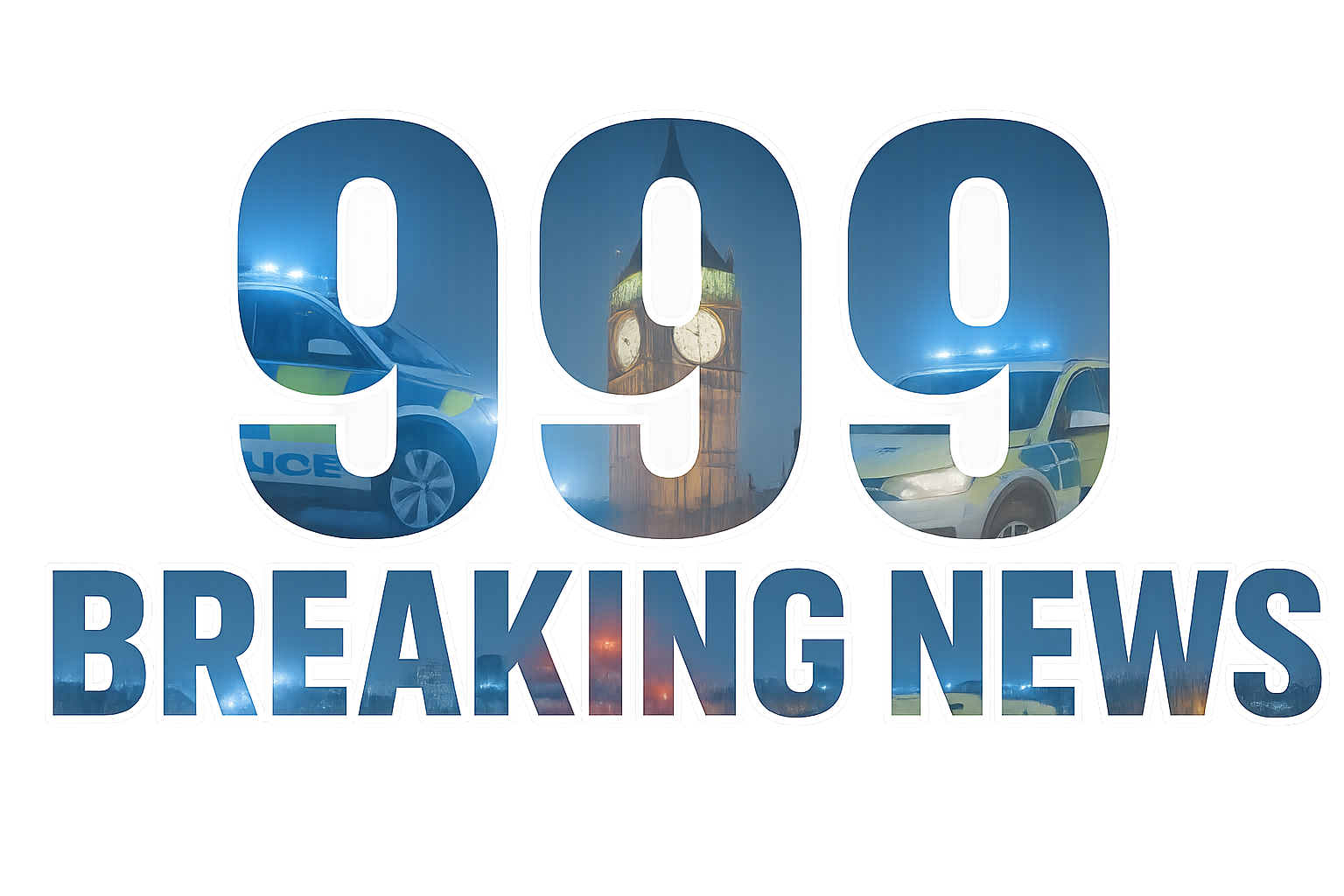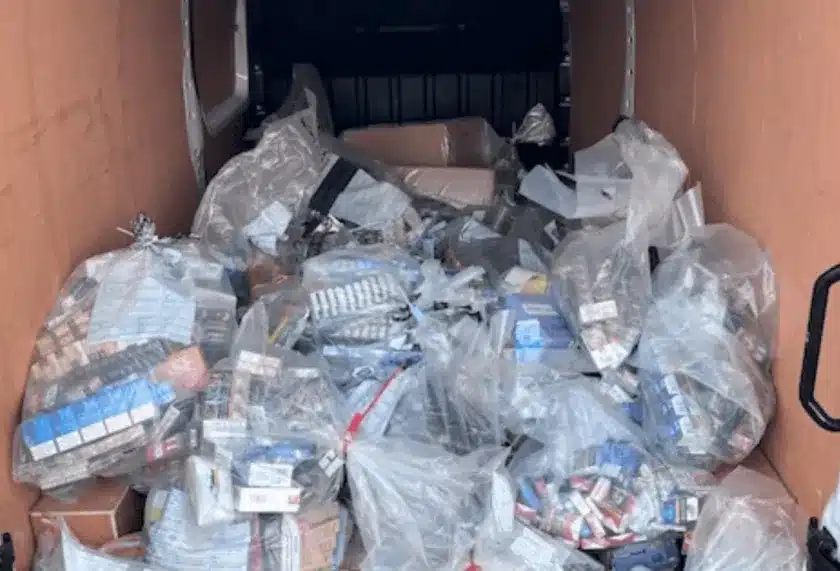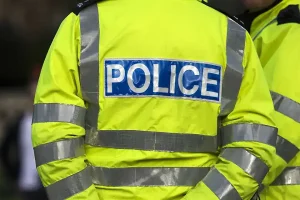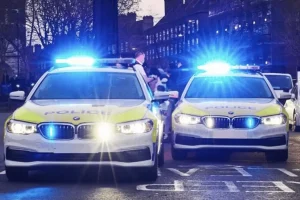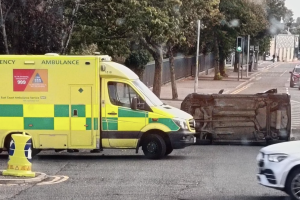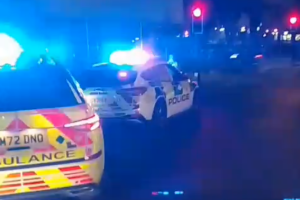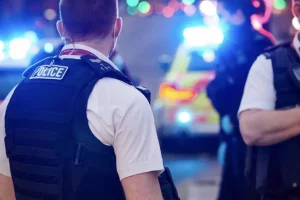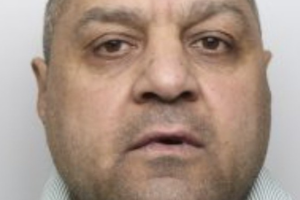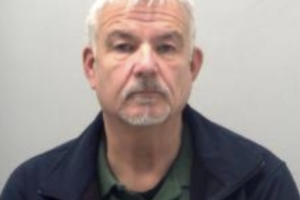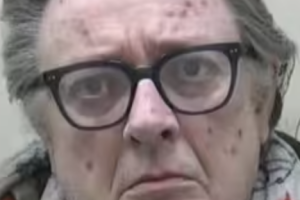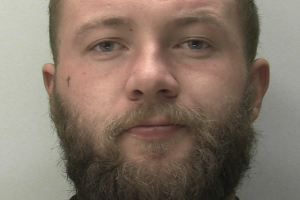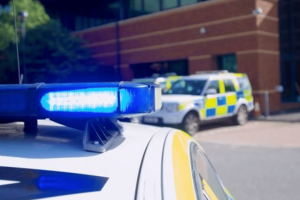The UK government has announced a major escalation in its efforts to protect children and communities from the dangers of illicit tobacco and vaping products, unveiling a comprehensive enforcement strategy under the Tobacco and Vapes Bill, backed by a £10 million investment in Trading Standards.
The landmark legislation forms a central pillar of the government’s ambition to build a smokefree Britain, with stronger enforcement powers and enhanced local resources aimed at curbing underage access and dismantling criminal supply networks.
£10 Million to Strengthen Local Enforcement
The funding package will support local Trading Standards operations over the next year, including the recruitment of around 80 apprentice officers, who will assist in tackling the illegal sale of harmful tobacco and vape products in neighbourhood shops.
Working in partnership with local police forces, officers will also deploy sniffer dogs to locate illicit stock often hidden in false walls, ceilings, and stockrooms—tools that have already proven effective in numerous retail seizures across the UK.
This new initiative will run alongside existing enforcement programmes, including the £100 million Illicit Tobacco Strategy led by HMRC and Border Force, which targets criminal tobacco supply chains at national and international levels.
Vaping Duty and Enhanced Powers on the Horizon
A new vaping duty, set to begin in 2026, will further strengthen enforcement through expanded civil and criminal powers, including the ability to seize non-compliant products and prosecute offending sellers. The revenue from this duty will fund over 200 new compliance staff, further bolstering the national response to illegal vape distribution.
Tobacco and Vapes Bill: Creating a Smokefree Generation
Central to the government’s public health push is the Tobacco and Vapes Bill, which will ban tobacco sales to anyone born on or after January 1, 2009, effectively creating the world’s first smoke free generation.
Other key measures include:
- £200 on-the-spot fines in England and Wales for retailers breaking age-of-sale laws.
- Potential licensing requirements for all retailers selling tobacco, vapes, or nicotine products in England, Wales, and Northern Ireland.
- Tighter controls on marketing, packaging, and flavours designed to appeal to young people.
These reforms align with the government’s Plan for Change, which links public health initiatives to broader goals such as reducing NHS waiting lists and combating organised crime.
Government and Industry Reactions
Ashley Dalton, Minister for Public Health and Prevention, said:
“Buying these products may seem like a small saving, but they’re often dangerous and tied to criminal activity. The Tobacco and Vapes Bill is critical to breaking this cycle, freeing our children from addiction, and moving us closer to a healthier, smokefree future.”
John Herriman, Chief Executive of the Chartered Trading Standards Institute (CTSI), welcomed the funding:
“This investment strengthens our ability to enforce regulations, protect public health, and ensure a fair marketplace. It’s a vital step in keeping consumers safe and cracking down on illegal trade.”
In 2024 alone, Trading Standards seized more than one million illegal vapes, 19 million counterfeit cigarettes, and over 5,100kg of illicit hand-rolling tobacco, underscoring the scale of the problem.
Illicit Sales Fuel Organised Crime
Lord Michael Bichard, Chair of National Trading Standards, emphasised the broader social impact:
“Illicit tobacco and vapes fuel organised crime, funding activities like human trafficking and modern slavery. More resources are urgently needed to disrupt these supply chains and protect our communities.”
Public and Retailer Reactions Mixed
Public response has been divided. While many have praised the government’s stronger stance, others have criticised ongoing access to underage sales in some areas. On social media platform X (formerly Twitter), users welcomed the clampdown but questioned whether it would be fast or far-reaching enough to stop illegal traders already operating.
Retailers, meanwhile, are bracing for potential licensing regulations, which could raise compliance costs. However, many legitimate vendors have welcomed the move, arguing it will help weed out rogue competitors undermining fair trade.
Challenges Ahead
While the benefits of reduced youth addiction and improved public safety are clear, challenges remain. The vaping duty will not come into effect until 2026, and gaps in enforcement could leave room for illegal products to continue circulating in the meantime.
According to the Office for National Statistics (ONS), smoking costs the NHS £2.6 billion annually, highlighting the urgent need for preventative measures.
Call to Action
The government’s £10 million investment offers hope for stronger local enforcement, with apprentice officers expected to join the fight by late 2025. The move is part of a broader strategy to restore community trust and reduce the influence of organised crime linked to illicit nicotine products.
Further details, including public health resources and compliance guides, are available at gov.uk.
